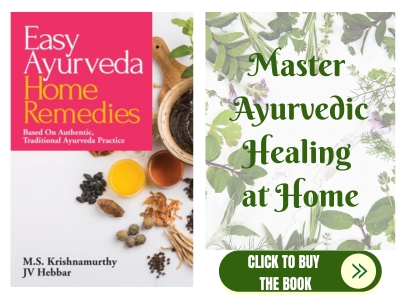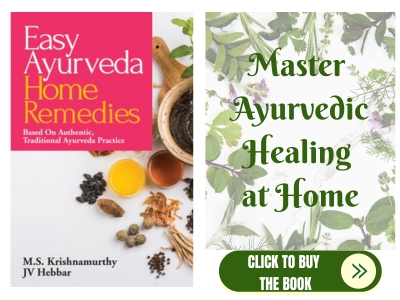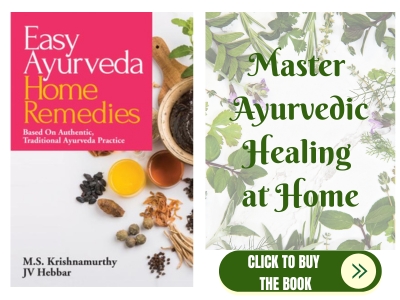Article by Dr Manasa S, B.A.M.S
The Story –
I recently asked a 19-year-old college student during a consultation:
“How often do you eat vegetables?”
She gave me a hesitant shrug. “We have sabzi (vegetables – in Hindi) maybe once a day… sometimes not even that. No eggs either. No paneer. We don’t eat meat. I don’t really like dal…”
That moment stuck with me — and made me sit down to write this.
Because her story isn’t rare.
Across dining tables — whether in small apartments, hostels, or family homes — vegetables are often the first thing to go. Not because they can’t be bought. But because somewhere along the way, someone decided they’re boring, optional, or only for “weight loss.”
That thinking needs to change. Especially if you’re young, juggling between classes, sleep debt, deadlines, hostel food, and instant noodles.
Related Reading – ‘Healthy Vegetables’
The Facts –
We’ve all heard the lines:
“They’re full of fibres.”
“Good for your health.”
“Eat your greens.”
But what does that actually do for you?
Here’s what happens when you start eating vegetables with every meal — consistently:
They feed your gut bacteria: Your gut is home to trillions of microbes. Vegetables — especially leafy greens and fibrous ones like carrots or pumpkin — are their fuel. A well-fed gut means better immunity, better mood, and smoother digestion.
Related Reading – Fruits, vegetables and biotics for a healthy gut microbiome
They help stabilize your blood sugar: Veggies slow down sugar absorption. That means fewer energy crashes and better control over cravings (especially helpful if you’re surviving on tea and biscuits).
Related Reading – The 10 best vegetables for Diabetes
They help your skin glow naturally: Clearer skin starts from inside. A gut that eliminates toxins well reflects through brighter, calmer skin. Leafy greens support liver function too — your body’s internal detox team.
Related Reading – Plant-Based foods for Skin Health: A Narrative Research
Related Reading – The Health Benefits of Fruits and Vegetables
They regulate your weight naturally: Not because they’re low-cal. But because they keep you full, reduce junk cravings, and support fat metabolism.
Related Reading – A plant-based diet for overweight and obesity prevention and treatment
They bring in minerals nobody talks about: Magnesium, potassium, folate, calcium — essential for nerves, periods, muscle recovery, sleep and mood. Most of us don’t get enough. But vegetables quietly deliver them, no prescription needed.
“But vegetables are hard to cook… right?”
Totally hear you.
You’re in college. You’re broke half the time. You sleep like a bat.
Your roommate eats Maggi for dinner.
And the idea of cooking methi or drumstick leaves sounds like a full-time job.
So, let’s make this simple and real.
Real-world vegetables. Real-life ways.
No kale. No quinoa. Just familiar, humble heroes — the ones your grandma used and your fridge probably already has.
Fenugreek leaves (Methi): Bitter? Yes. But stir-fried with garlic and moong dal? Magic. Great for bloating, sugar spikes, and even PMS. Just once a week is enough.
Read about Fenugreek health benefits here
Read Easy Ayurveda article on Methi – Fenugreek here
Drumstick leaves (Moringa): Iron. Protein. Calcium. All packed in. Add to dal, mix into upma, or grind into chutney. Grows in your backyard — doesn’t need to be imported.
Read about Moringa health benefits here
Read Easy Ayurveda article on Shigru – Moringa here
Sweet pumpkin: Often called “basic.” But it’s easy on the gut, simple to cook, and soothing when mashed with ghee and cumin. Gut-healing comfort food.
Read Easy Ayurveda Article on Pumpkin here
Carrots, beets, cabbage: Grate raw, toss with lemon and salt — instant salad. No oil. No gas bill. No excuses.
Read about Carrots, Beetroots and Cabbage here
Read Easy Ayurveda Article on Carrot here
Spinach, amaranth: Add to chapati dough, dal, or mix into paratha. They cook fast and fix iron levels.
Read about health benefits of Spinach and Amaranth here
Read Easy Ayurveda Article on Spinach here
Read Easy Ayurveda Article on Amaranth here
Green beans, flat beans: – Steam or stir-fry with mustard and chillies. Improve digestion and keep your intestines moving — literally.
Read about Green Beans here
Read Easy Ayurveda Article on Flat Beans here
How much do you really need?
Simple formula: 3 meals = 3 veggie servings.
That’s it.
A mix of cooked and raw veggies through the day — no fancy recipes needed:
– Grate carrot into your poha
– Add a sabzi with lunch
– Munch on cucumber before dinner
– Throw palak into dal
– It’s small habits that count — not a one-time salad.
“I’m not vegetarian — do I still need all this?”
Absolutely.
Meat gives protein. Vegetables bring balance. They cleanse, stabilize, and regulate systems that meat doesn’t touch.
They don’t compete with your protein — they complete your plate.
Final Word: Veggies aren’t side characters.
They’re not the sad, soggy stuff left at the corner of your plate.
They’re your mood lifters, digestion supporters, blood sugar stabilizers, and glowing skin secret — all rolled into one.
If you grew up thinking they’re only “good for digestion,” you’ve barely scratched the surface.
So, the next time you walk past that veggie cart or see a bowl of bhaji in the mess, just pause.
Pick something. Add something. Cook something.
Because, what you feed your body at 19 (years of age) decides how it shows up for you at 29, 39 (years of age), and beyond.
Let vegetables back on your plate.
Not out of guilt. Not because someone nagged you.
But because your body — your gut, your hormones, your brain — is quietly asking for it.
Related Reading
Read more about
– Shaka Varga – vegetables and their benefits as described by Acharya Charaka here (Easy Ayurveda)
– Harita Varga – uncooked / raw vegetables and their benefits as described by Acharya Charaka here (Easy Ayurveda)
– Qualities of Vegetables – described by Acharya Charaka (Easy Ayurveda)














